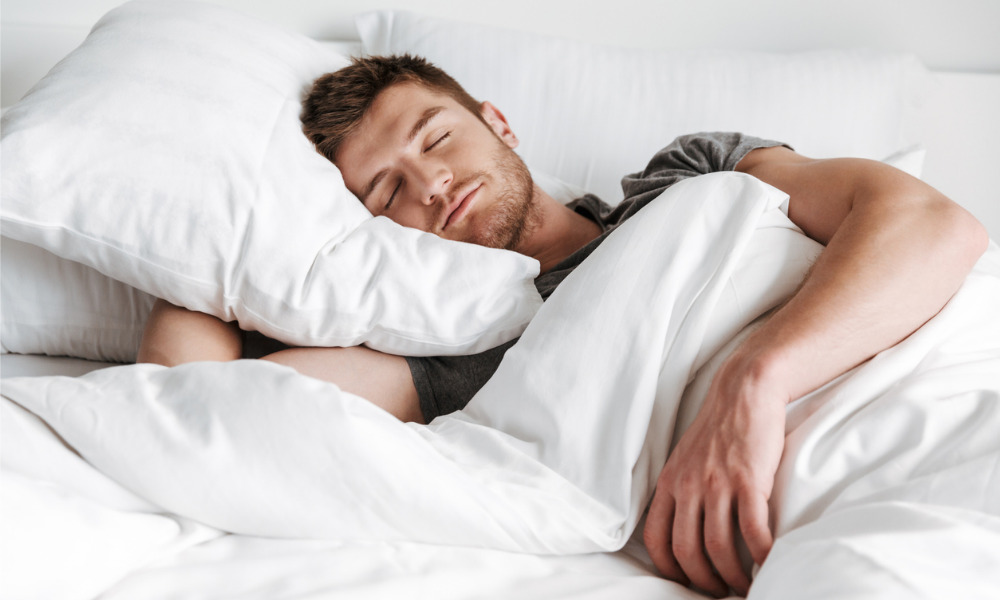
Research shows lack of sleep can lead to burnout

Sleeping has been unveiled as the top method that adults do to destress, as a third of 2,000 adults revealed that not having a shuteye is contributing to burnout in the workplace.
A new study commissioned by furniture retailer DFS showed that 42% of adults cope with stress better if they have a good night's sleep, with 54% saying that a good sleep helps them in dealing with small and significant changes in life.
The results show how important sleep is for an adult, after the study also revealed that they are not getting the seven to nine hours of sleep as prescribed by research - a situation that is starting to affect their performance at work.
The study revealed that lack of sleep is putting stress on adults' shoulders - with 25% saying they feel stress often, 41% saying they experience stress sometimes, and 10% saying they suffer from stress all the time.
Due to this, 43% of the respondents said their well-being suffers, with 23% saying their work performance has been affected by lack of sleep.
On a much more worrying note, 33% said lack of sleep is contributing to burnout in the workplace.
Dr. David Lee, clinical director at Sleep Unlimited, said that it is "no surprise" that sleep is crucial in managing stress.
"Mood, mental health, and sleep are inextricably linked: In our clinical work with patients, we take anybody with any sort of mental health problem and get them to sleep better," Lee said in a statement.
Read more: Fun Friday: Can a 'green building' bring people back to the workplace?
A spokesperson from DFS added that it was encouraging to see how a good rest can affect mental health.
"Sleep is important to so many aspects of our lives and our wellbeing. It is encouraging to see that people are experiencing first-hand just how much a good night's sleep can impact our mood and mental health," said the spokesperson from in a statement.
But what exactly keeps adults up at night? The report revealed that financial concerns top that list with 33%. This is closely followed by life admin with 31% and personal relationships with 29%.
"REM sleep helps us deal with the stresses and strains that we have experienced throughout the day – often, the people who are struggling with their mental health do not sleep well. In order to facilitate a good night's sleep to aid your mental health, you need to identify the obstacles in your way," advised Lee.